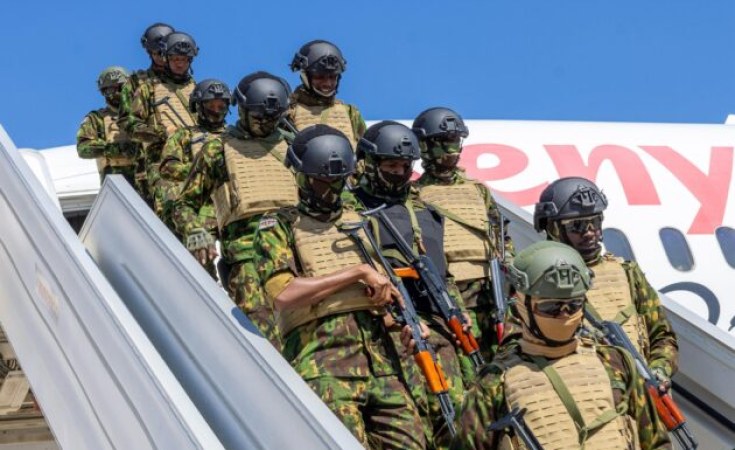The 80th United Nations General Assembly in New York is expected to decide the future of the Kenya-led multinational mission in Haiti. One year since deployment, the mission continues to grapple with logistical setbacks and escalating gang violence in Port-au-Prince.
Kenyan police, who lead the operation, face daily challenges in pursuing heavily armed gangs. Armored personnel carriers provided for patrols are often too bulky for Haiti’s winding, narrow roads. Instead of offering mobility and security, they frequently get stuck, leaving officers vulnerable to attacks. In some cases, gangs have set the vehicles ablaze, exposing the dangers faced by the contingent.
Despite these challenges, the mission has achieved a key milestone by securing the Port-au-Prince police academy. This facility now serves as a training ground for the next generation of Haitian police recruits. For locals, joining the academy is both a patriotic duty and a personal risk. Failing the training could mean returning to communities controlled by gangs, where reintegration might be deadly.
A notable feature of the Kenyan deployment is the strong presence of female officers. They acknowledge the risks but highlight the importance of their role in peacekeeping and in inspiring local recruits. Their visibility also symbolizes resilience and inclusivity in one of the world’s toughest security assignments.
As the UN Security Council deliberates on whether to extend or revise the mission, the stakes remain high. For Kenya, the mission is a test of international leadership. For Haiti, it is a fragile lifeline against criminal networks that have long terrorized its people.
The coming decision at the UN could determine whether this mission evolves into a sustainable model for restoring order—or becomes another missed opportunity in Haiti’s struggle for peace.

